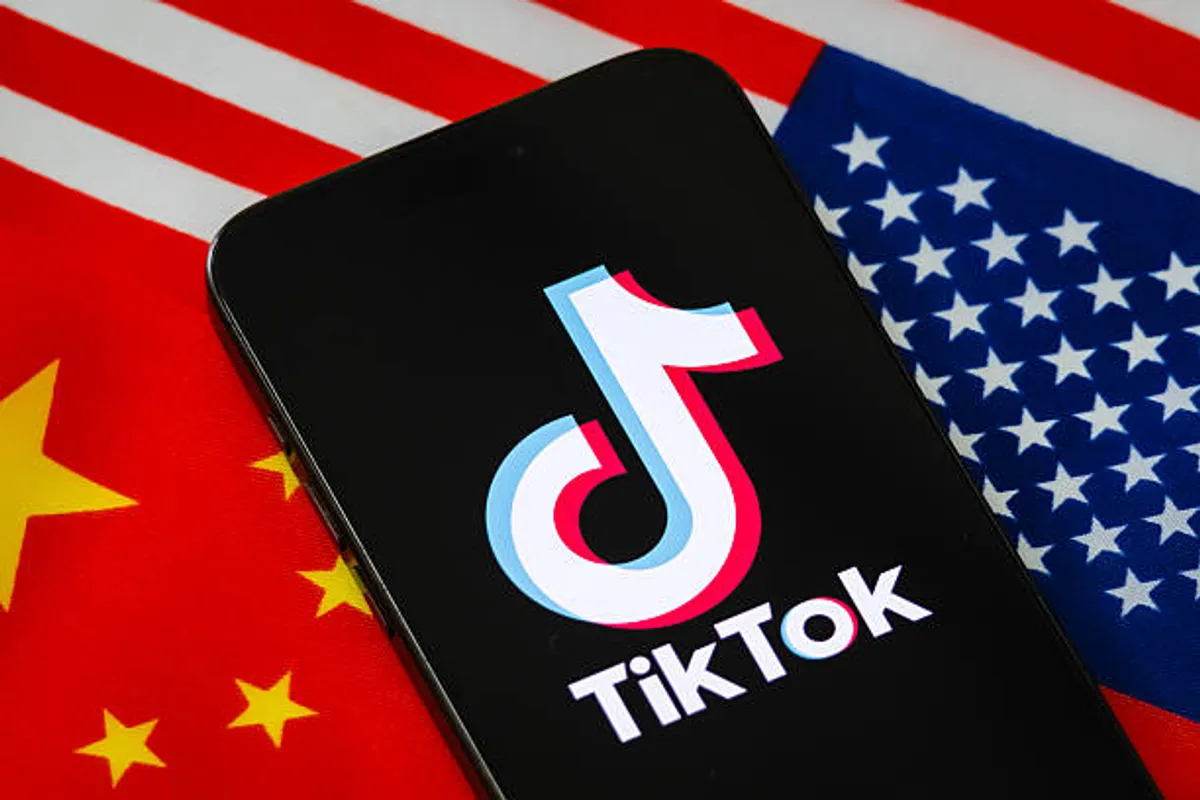
GPT-5 Leak Reveals Four Powerful Models with Major AI Upgrades in Reasoning and Coding

GeokHub
Contributing Writer
A leaked internal document from OpenAI has reportedly revealed key details about GPT-5, the much-anticipated successor to the current generation of AI models. The report outlines four distinct versions of the new system, alongside sweeping improvements in reasoning, coding, and multimodal capabilities.
What’s in the Leak?
The leak suggests GPT-5 will consist of four model tiers:
- GPT-5-mini
- GPT-5-base
- GPT-5-pro
- GPT-5-omni
Each variant is said to offer escalating levels of performance and cost-efficiency. The most advanced model, GPT-5-omni, reportedly integrates real-time multimodal reasoning, code generation, and improved long-context memory exceeding 1 million tokens.
Sources claim the new models will include native support for audio, vision, and code, while offering significantly reduced hallucination rates and more reliable fine-tuning capabilities compared to GPT-4.
Focus on Developer Tools and Coding
Among the most notable upgrades is GPT-5’s improved performance in programming and reasoning tasks. The leaked materials show internal benchmarks where GPT-5 outperforms GPT-4 and Claude 3 in complex coding scenarios and multi-step logic challenges.
OpenAI has allegedly enhanced code understanding, bug detection, and unit testing generation, making GPT-5 an even more powerful tool for developers, especially in enterprise environments.
Multimodal and Memory Advancements
The omni variant is expected to offer seamless multimodal functionality—meaning users can interact with text, images, and audio in a unified context. The model will also feature enhanced memory persistence, giving it the ability to remember users’ preferences and prior conversations across sessions—something currently only seen in experimental memory-enabled versions of GPT-4.
Launch Date Still Uncertain
Despite the leak, OpenAI has yet to make an official announcement. Rumors suggest an early 2026 release, though some insiders hint that preview access to select partners could begin before the end of 2025.
OpenAI declined to comment on the authenticity of the documents, but the rapid evolution of its models and infrastructure points to a significant leap in AI capabilities on the horizon.























































































